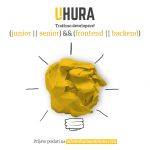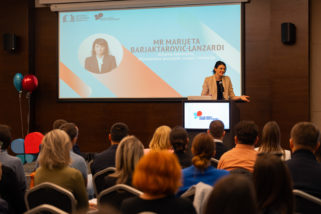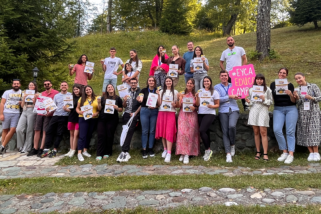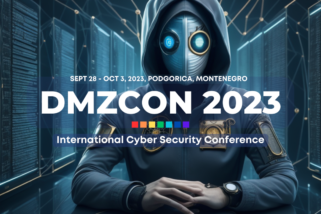After the Amcham Montenegro conference “Telecommunications in Montenegro – Contribution of Digital Economy to Society Development” which was held on the 26th of June (read the report in local language here), we interviewed Mr. Dejan Cvetković, Regional Technical director of Microsoft CEE, about possibilities for Montenegro to become one of the leading digital economies in Europe (read the interview in local language here).
In order to intensify the talks about Montenegrin digital economy, we interviewed Mr. John Strand, CEO of Strand Consult and one of the leading business consultants in the Telecommunications industry. We asked him about the future of Telecommunications, the sector which is considered to be one of the key elements of digital economy in every country:
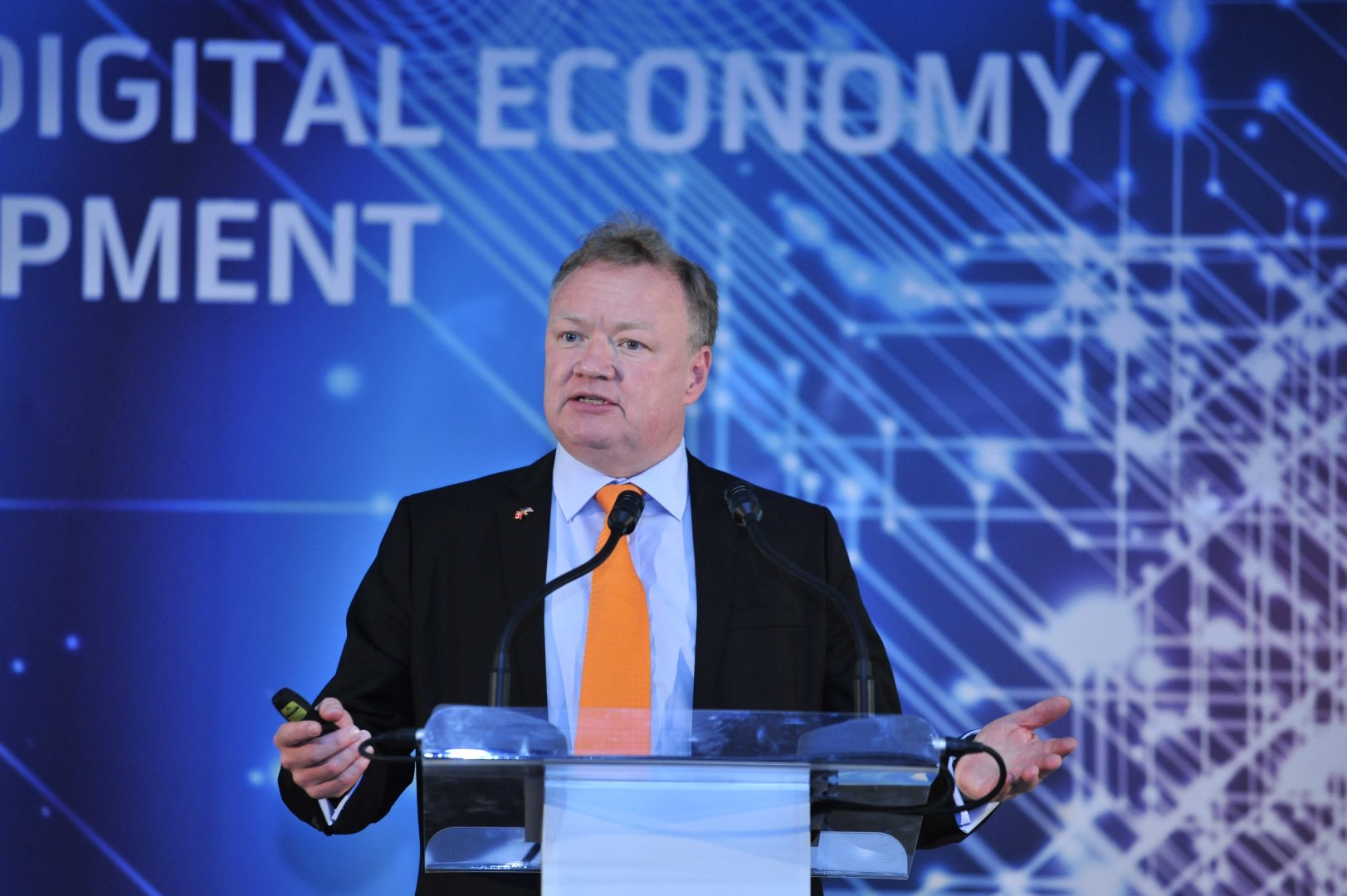
Digitalizuj.me: During your presentation at “Telecommunications in Montenegro” conference, you paid a lot of attention to how are the Over The Top Service Providers (Viber, Skype, WhatsApp, Messenger etc) influencing mobile operators and generally to the future of the whole telecommunications industry. So tell me, how do you see the future of the telecommunications market? What are the big challenges in the coming years and what will their consequences be?
John Strand: The biggest challenge is the fact that the political and regulatory system does not have enough insight into what is happening in this market to understand how OTT players will affect those who invest in the infrastructure that is the foundation of modern Montenegro – mobile operators: Telenor, Crnogorski Telekom and m:tel.
There is a need for the telecommunications industry and the political system to work more closely together rather than looking at each other as “opponents”. Technological developments are driving market dynamics of the telecommunications industry. The telecoms industry must become better at communicating with the authorities.
Digitalizuj.me: What is the main reason that makes it possible for OTT service providers (Viber, WhatsApp, Messenger, Skype etc) to “reign” over the telecommunications market?
John Strand: When it comes to the OTT services, they have a better understanding of the needs of their users – they can focus on users and services because they don’t have to devote time and money to build and operate their infrastructure. They are born global and need not to comply with local rules and regulations for licenses, taxation, privacy, security and so on.
Digitalizuj.me: What do you think is the main value for the consumers of “telcos” (mobile operators) compared to OTT service providers?
John Strand: Telephone companies build the infrastructure that is the foundation of the market for OTT players. Many of these OTT services cannot function without the infrastructure. As OTT services become more advanced, they become more and more dependent on the functionality of the telecom infrastructure.
Digitalizuj.me: Do you think that the regulators should create any regulations related to OTT services? If yes, how do you think it should be done?
John Strand: I do not believe that regulators will succeed in regulating OTT players. With all due respect for the local regulators, I think that these players are indifferent to the government in Montenegro. The only way to ensure fair competition is by deregulation of the telecommunications market.

Digitalizuj.me: How do you think that the operators can slow down or contradict the decline of revenue of traditional services?
John Strand: I do not believe that it is possible. Those revenues are not coming back. The only way to compensate for the lost revenue is to allow consolidation. I hope that politicians and regulators can understand that.
Digitalizuj.me: During the AmCham Montenegro Telco conference, you explained how it is almost impossible for roaming charges to be harmonized all around EU, but only a couple of days later – EU leaders “agreed to scrap roaming charges while paving way for ‘internet fast lane’“. What impact do you think this will have on the industry and how should carriers tackle this challenge?
John Strand: We do not know all of the details of the EU plan but we know that there will be a lot of restrictions on how much you can roam at prices identical to those in one’s home country. We know that the EU will do what they can to prevent arbitrage across nations in the EU – if you buy a SIM card in one country and use it in another country. When I talk about harmonization, there are two levels. The EU is only harmonizing prices at the surface. The underlying costs will be different. So many operators will have to “eat” the charges when their customers roam. My point is simply that a true harmonization would remove the underlying distortions, e.g. different taxation across countries, different spectrum rules etc. To have a true single market, there would need to be a single pan-European spectrum policy to allow operators to buy licenses across the 28 nations and single tax rate.
Digitalizuj.me: What have you personally found to be most challenging and/or rewarding about leading Strand Consult in such a fast-changing industry as telecoms?
John Strand: I find it challenging that regulators and politicians do not understand the difficulties that telecom operators face as their industry is disrupted. They continue to look at the market as if it were a government-owned monopoly. At the same time, I also find that the operators fail to communicate their difficulties to the leaders, regulators, the press and the public. The opportunity – and what I find exciting – is to bring the parties together in a dialogue about what they can do for the society.
– The end of the interview –
We thank Mr. Strand for the interview and AmCham Montenegro for making it possible. We hope that together we’ll be able to intensify the constructive public conversation about telecommunications industry in Montenegro, an industry that can help Montenegro achieve the status of an advanced digital economy.



